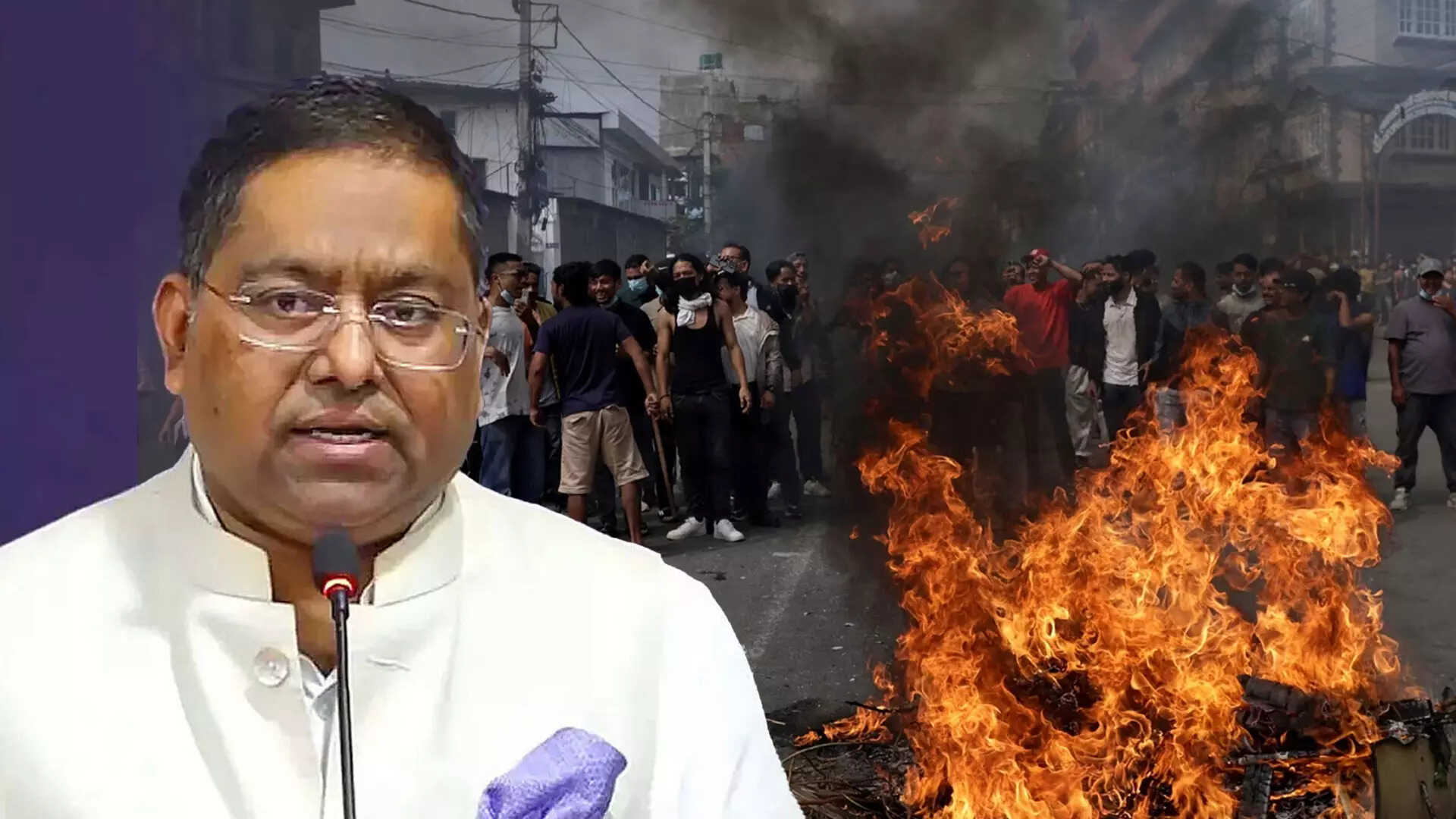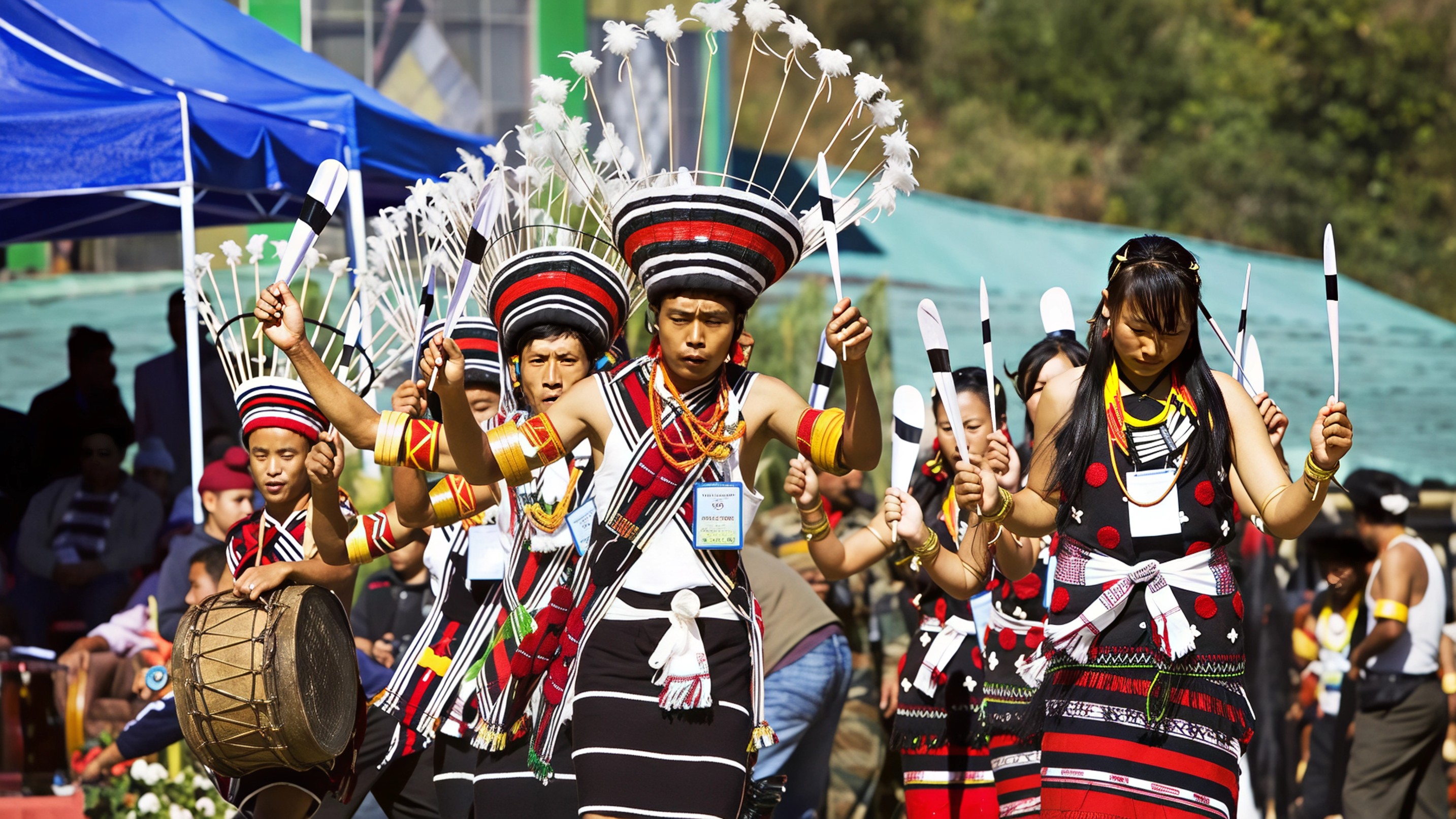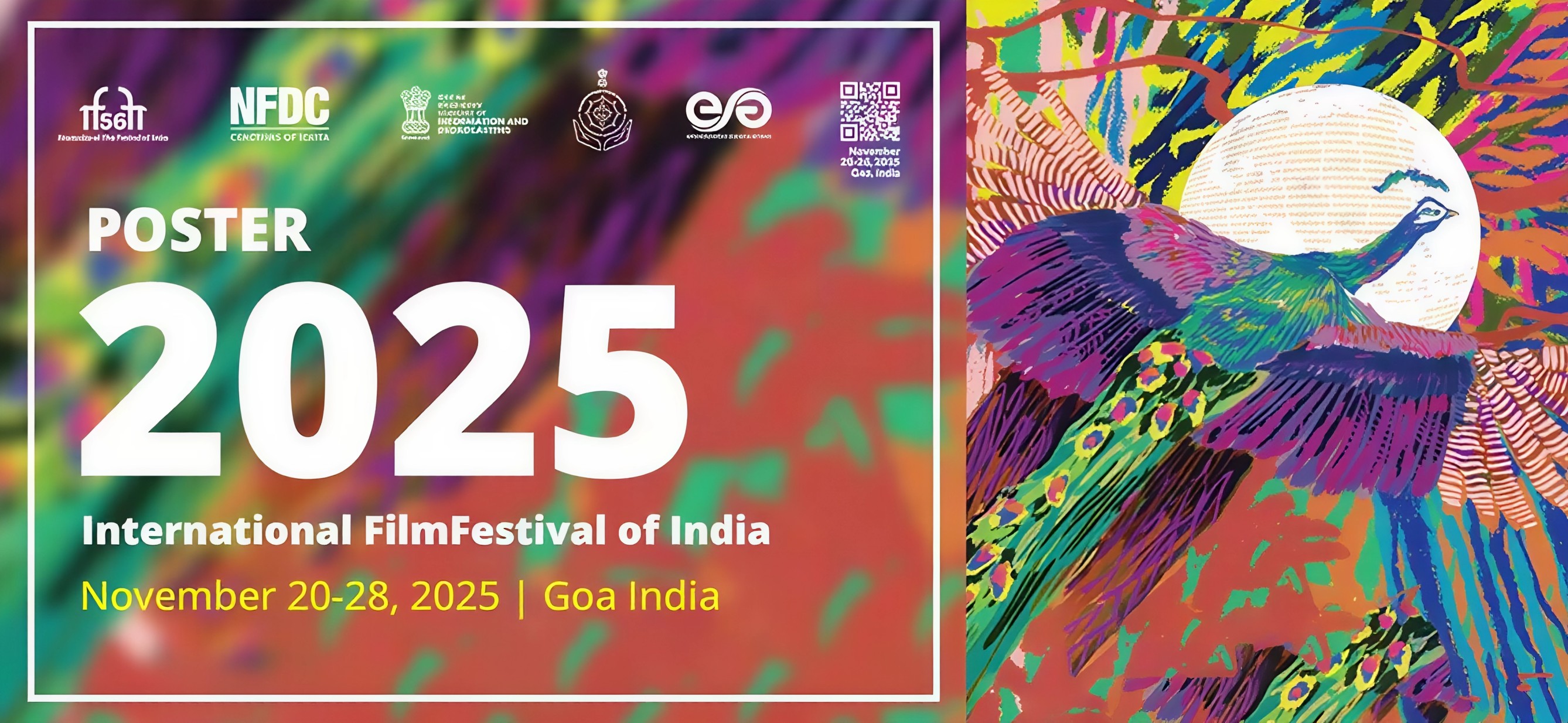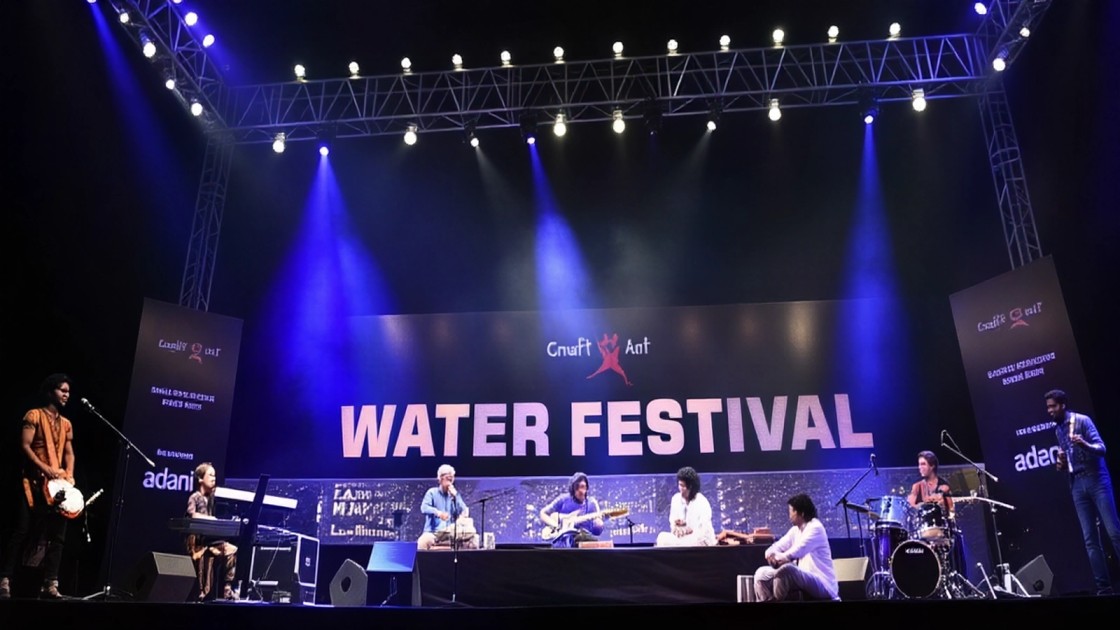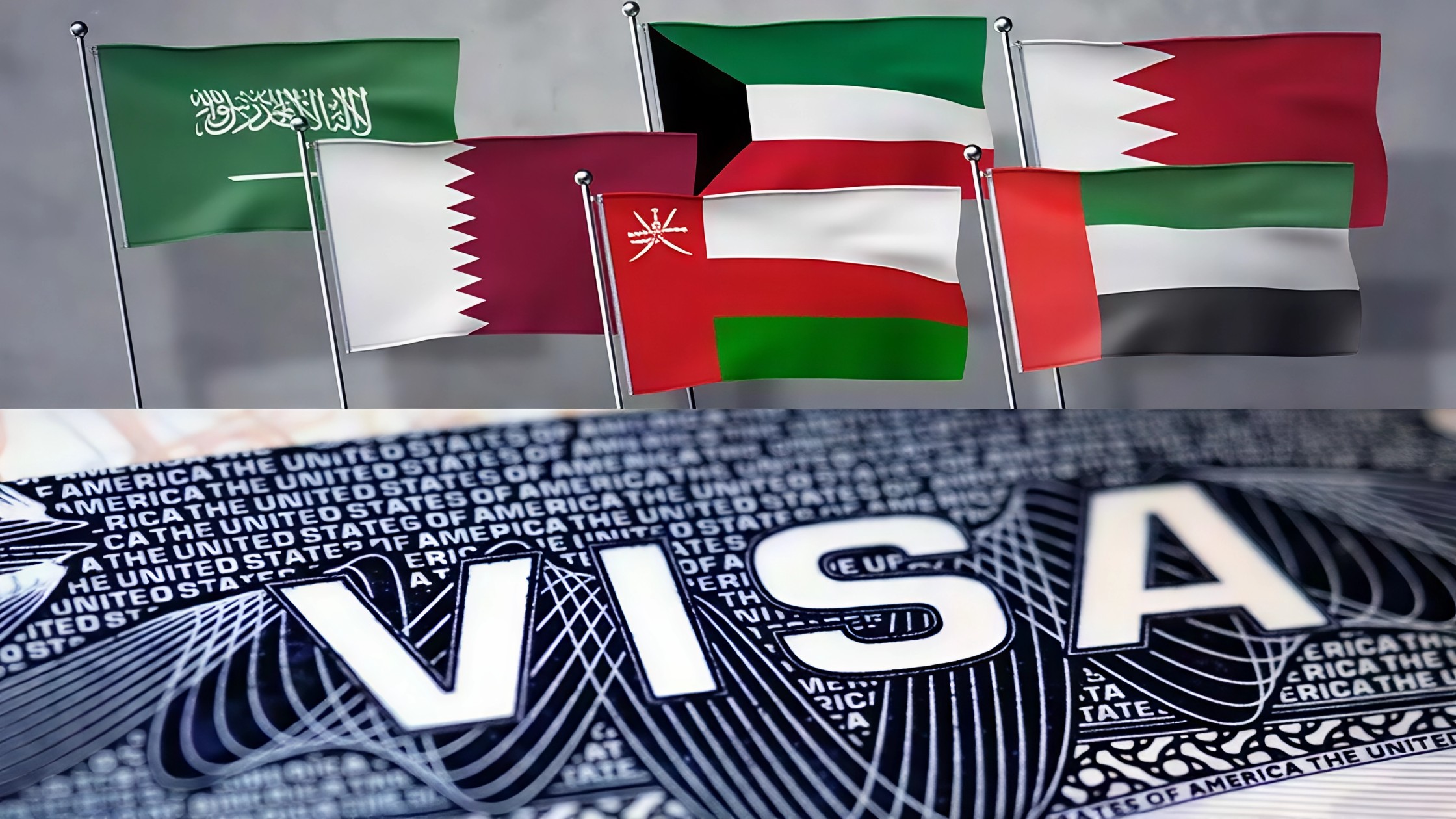Nepal is witnessing one of its most intense uprisings in recent years as Generation Z takes to the streets against a sudden government ban on social media. The movement, sparked by the prohibition of popular apps like Facebook, WhatsApp, Instagram, YouTube, and X, has quickly spiraled into a nationwide protest that has shaken the country’s political establishment and drawn the attention of international neighbors.
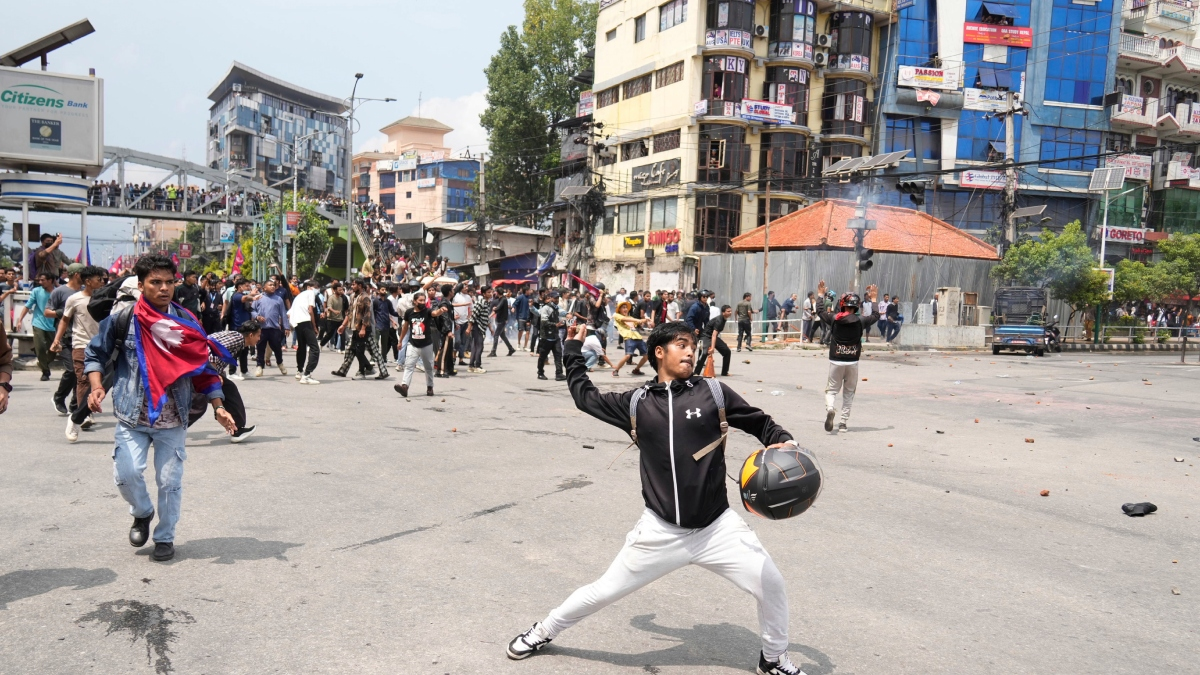
The demonstrations turned violent after security forces clashed with protestors in Kathmandu and other cities. At least nineteen people have lost their lives and many more have been injured. The scenes outside the Parliament complex became particularly tense, with fires, tear gas, and widespread confrontations that rattled both the government and the public. As protests intensified, Nepali Home Minister Ramesh Lekhak resigned, accepting responsibility for the violence. In a dramatic turn, Prime Minister KP Sharma Oli also stepped down amid mounting calls for accountability and systemic change.
India responded swiftly by issuing a travel advisory for its nationals in Nepal. The Ministry of External Affairs has urged Indian citizens to remain extremely cautious, follow curfew guidelines, stay indoors wherever possible, and avoid areas where demonstrations are taking place. The advisory underscores the seriousness of the situation, with the safety of Indian travelers and expatriates taking top priority. Indian border security has also been tightened, especially in states like Bihar, with the Sashastra Seema Bal increasing surveillance and sealing off several checkpoints to prevent spillover unrest.
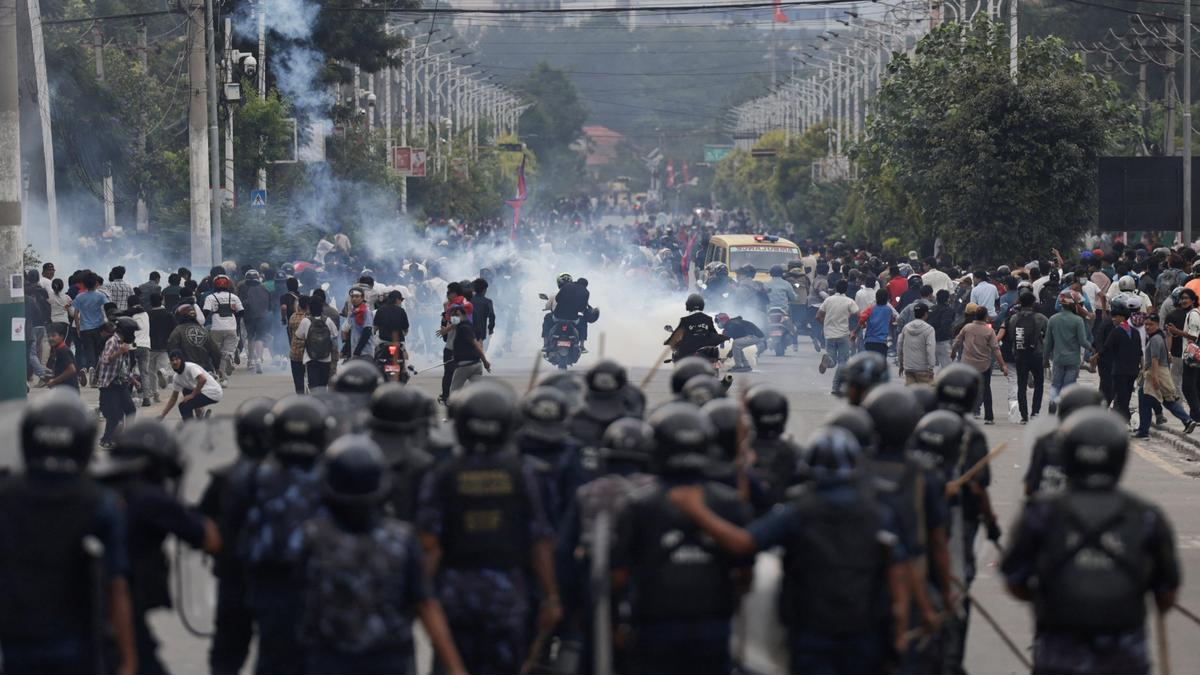
The protests have had a significant impact on travel and connectivity. Tribhuvan International Airport in Kathmandu was forced to shut down when fires near the runway reduced visibility and raised security concerns. All domestic and international flights were suspended on September 9, causing major disruptions. Several flights between India and Nepal were either canceled or diverted, including services by IndiGo and Air India. For travelers already in Nepal, the sudden suspension of air travel has added to the uncertainty.
The heart of the movement lies in Nepal’s digitally connected youth, who saw the ban on social media not just as a restriction on communication but as a direct attack on freedom of expression. What began as resistance to digital censorship has now evolved into a much broader movement calling for political accountability, transparency, and reform. Online campaigns, hashtags, and community organizing have added fuel to the fire, proving that in Nepal’s Gen Z movement, the virtual world and the real streets are inseparably linked.
Faced with relentless pressure, the Nepali government reversed its decision in an emergency cabinet meeting and restored access to the banned platforms. However, this backtrack has not been enough to quell the anger. The protests continue, now representing a deeper frustration with governance, corruption, and a lack of representation. Experts caution that this reversal is unlikely to mark the end of the uprising, as the demonstrations have moved beyond digital rights to embrace a larger political struggle.
For India, the unrest in Nepal is not only a matter of protecting its citizens but also a reminder of the fragile stability in the region. The unfolding events highlight the growing role of youth-driven movements in shaping political discourse, particularly when combined with the power of social media.
As Nepal navigates this volatile moment, India’s advisory remains clear: caution is paramount, and safety should be the first concern for anyone traveling to or currently staying in Nepal.
The road ahead is uncertain. Nepal’s Gen Z protests are no longer just about a ban on social media but about the future of governance and accountability in the country. For travelers, the situation demands patience, vigilance, and close attention to official updates.
Follow Travel Moves on Instagram and Facebook for the latest travel advisories, insights, and updates from around the world.

